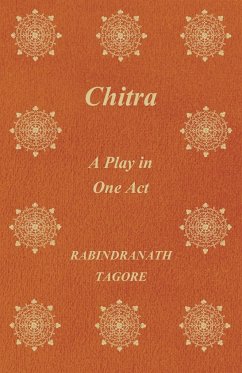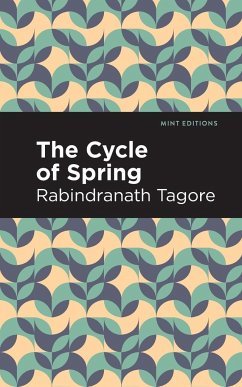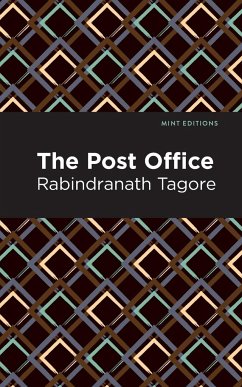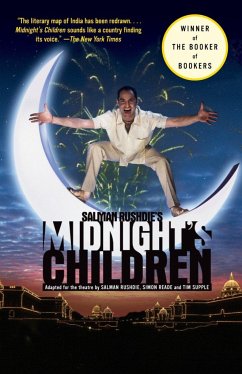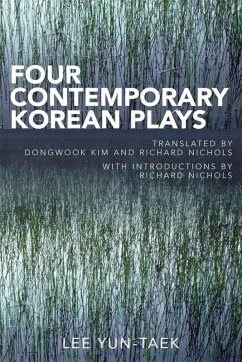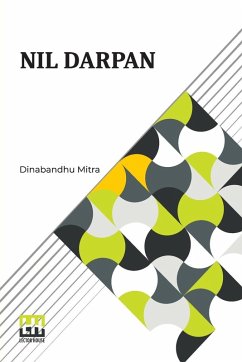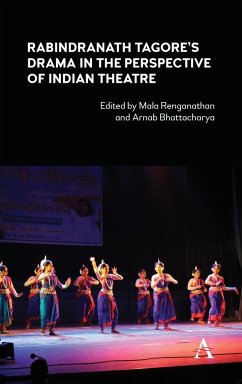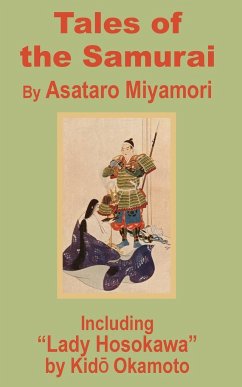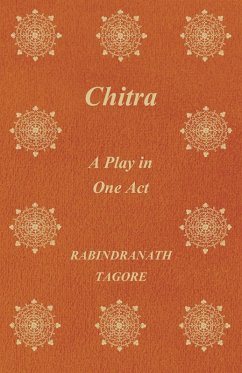
Chitra; A Play in One Act
Versandkostenfrei!
Versandfertig in 1-2 Wochen
13,99 €
inkl. MwSt.

PAYBACK Punkte
7 °P sammeln!
This antiquarian book contains Tagore Rabindranath¿s 1892 play, "Chitra". It is a play in one act that adapts the story from the Mahabharata. This particular tale revolves around the character Chitrangada - a female soldier who attempts to get the attention of Arjuna. "Chitra" has been performed in many countries around the world and has been used as the basis for a variety of different mediums and formats, including dance. Rabindranath Tagore (1861 - 1941), was a Bengali polymath who was pivotal in the reshaping of Bengali literature and music. This antiquarian book is being republished now ...
This antiquarian book contains Tagore Rabindranath¿s 1892 play, "Chitra". It is a play in one act that adapts the story from the Mahabharata. This particular tale revolves around the character Chitrangada - a female soldier who attempts to get the attention of Arjuna. "Chitra" has been performed in many countries around the world and has been used as the basis for a variety of different mediums and formats, including dance. Rabindranath Tagore (1861 - 1941), was a Bengali polymath who was pivotal in the reshaping of Bengali literature and music. This antiquarian book is being republished now in an affordable, modern, high-quality edition, complete with a specially commissioned new biography of the author. Many antiquarian books such as this are increasingly hard to come by and expensive, and it is with this in mind that we are republishing this book now in an affordable, modern, high-quality edition. It comes complete with a specially commissioned biography of the author.






